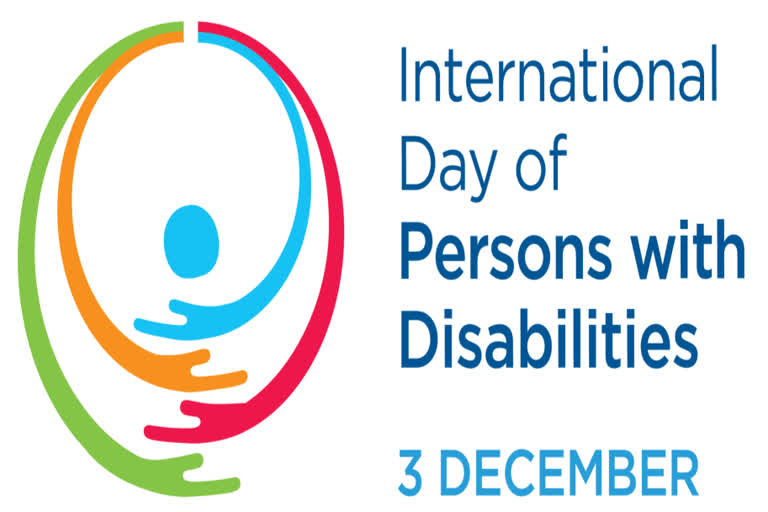New Delhi: Industry body ASSOCHAM and health experts came together on the International Day of Persons with Disabilities to bring to the fore the dire need to address and understand the multiple challenges faced by thalassemic patients during the coronavirus pandemic, according to the statement.
The panellists highlighted the need to address some critical issues like blood shortage, the Thalassemia Patients Advocacy Group (TPAG) said.
'While we were still fighting for safe blood under RPWD (Rights of Persons with Disabilities) Act 2016, blood supply itself became a challenge,' TPAG member secretary Anubha Taneja Mukherjee said.
Thalassemias India and TPAG managed 1,400-plus blood donations, helped raise awareness through social media campaigns and organised capacity building programmes for the patients, according to Mukherjee.
'However, during the past few months, the state governments did not do much to spread awareness around blood donation. We did not feel prioritised by our States. On International Disability Day, we urge the State governments to give priority treatment to thalassemias and take steps to ensure our survival with dignity,' she said.
In the long run, Mukherjee said, the government should consider having a consolidated blood regulation separate from the Drugs and Cosmetics Act, which do not give adequate power to the National Blood Transfusion Council (NBTC).
Currently, the act regulates blood and the NBTC guidelines are voluntary. The National Health Mission is responsible for thalassemia, while National AIDS Control Organisation (NACO) is responsible for blood transfusion services,' she said. 'There's too much confusion!' From social media platforms to spreading awareness on the subject, the experts expressed their views on how digital platforms and special certifications could be leveraged to ensure patient needs were addressed.
Facebook has 40 lakh registered blood donors in India and they are connected to the local blood banks, said Amita Mahajan, senior consultant, pediatric hematology and oncology at the Indraprastha Apollo Hospital, Delhi.
'To tackle the situation and mobilise people for voluntary blood donation, we arranged for separate entry and exit for blood donor so that they are not exposed to COVID-19 infection,' Mahajan said.
While the panellists acknowledged India's progress in fighting the disease, they said India still had a long way to go before achieving its target of 90-100 per cent voluntary blood donation across states.
Some states in India like Gujarat, Maharashtra, Tamil Nadu, Karnataka, Kerala have been at the forefront of voluntary blood donation, which accounts for 90 per cent of the required blood, according to Sunil Gupta, additional director general, blood transfusion services at NACO.
'However, there are states which are lagging with voluntary blood donation accounting for only 30-35 per cent of the total blood,' Gupta said. 'At NACO, we are trying to see how the model adopted by successful states can be replicated by other states.' He said there was a sudden scare among both the blood donors and the blood centres, leading to almost 70 per cent fall in the blood collection during the initial phase of the coronavirus lockdown.
'However, since the elective surgeries were put on hold, we managed the supply to the regular recipients like Thalassemia patients,' Gupta added.
PTI
ALSO READ: Who, when and how? A look at the UK's vaccination rollout



